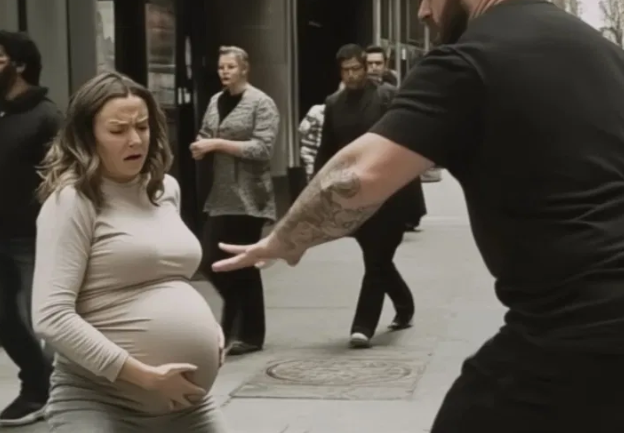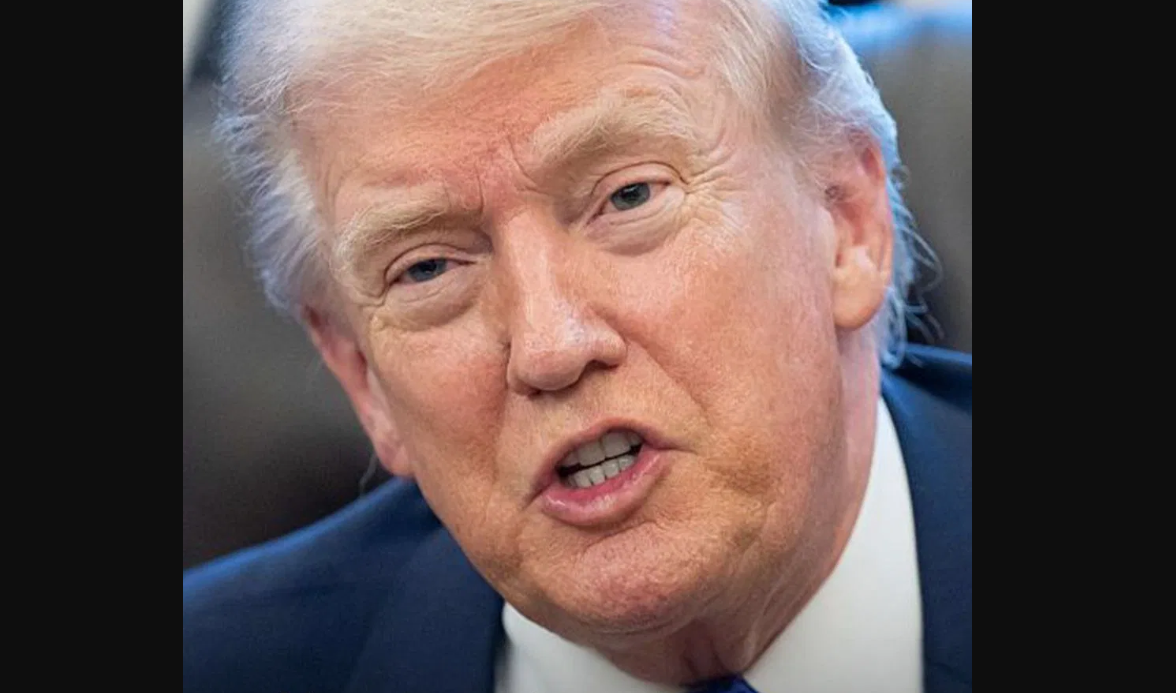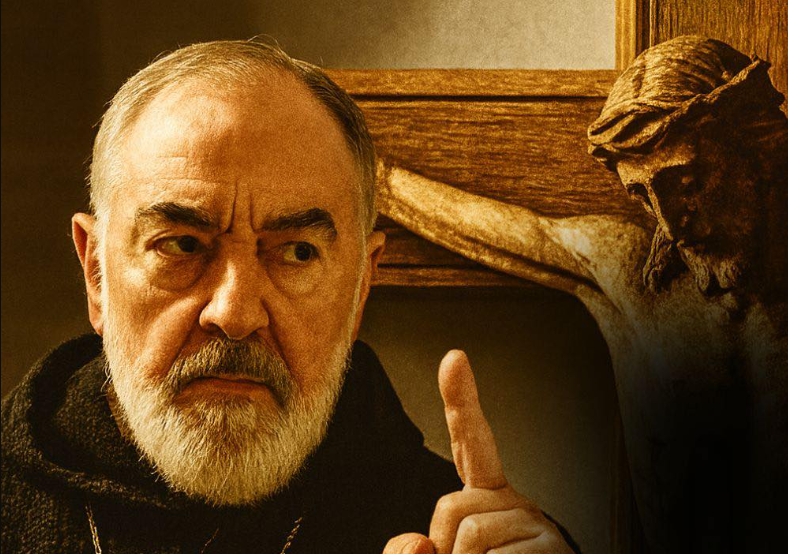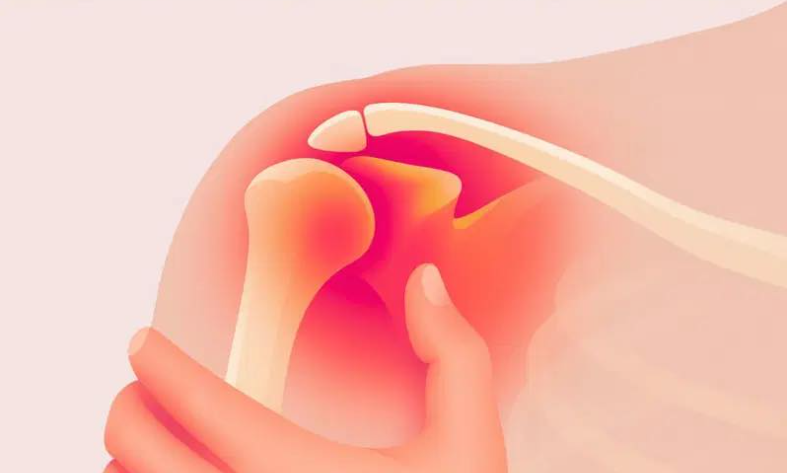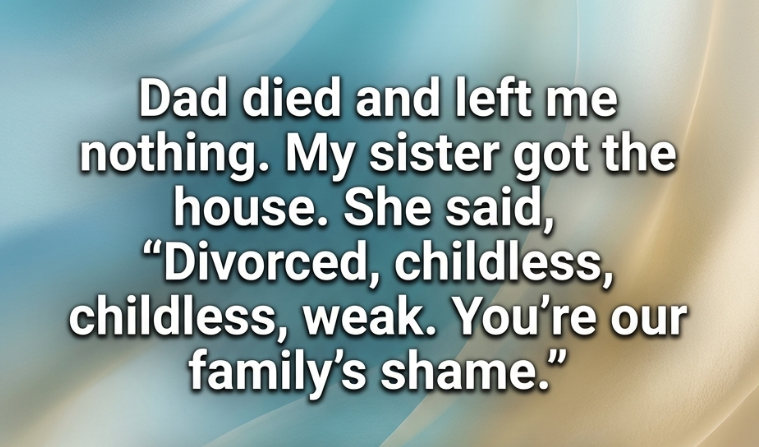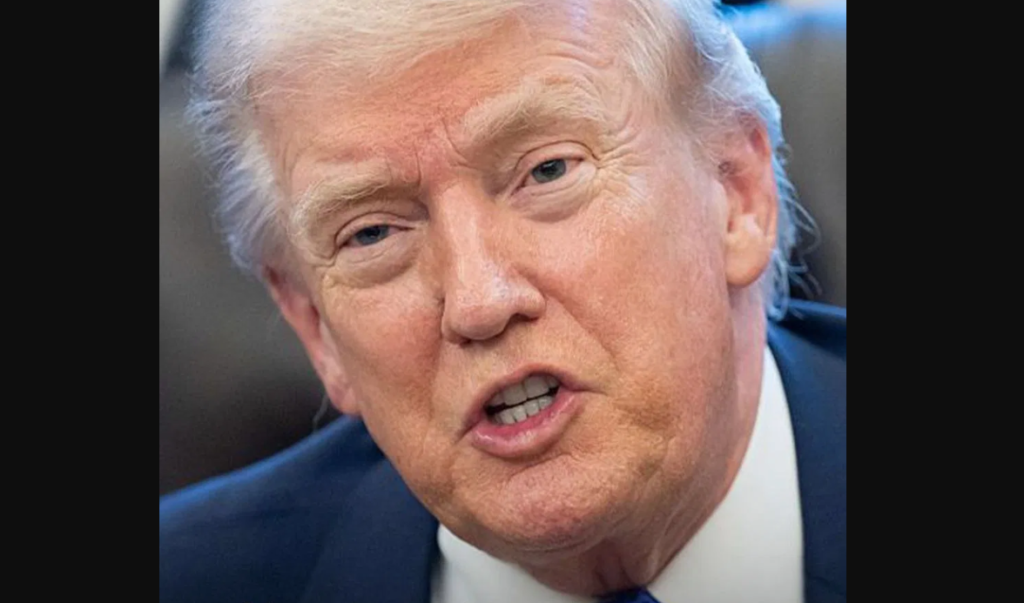It happened one afternoon outside a busy bus station in a large city.
A pregnant woman stood alone on the sidewalk, her thin coat doing little to shield her from the cold. One hand cradled her belly, the other hung limply by her side.
Suddenly, she let out a soft moan and collapsed to her knees, as if her body could no longer hold her up.
People nearby slowed but kept their distance. There were glances, whispers, and the quiet sound of phones being raised—not to call for help, but to record.
— “Probably faking it,” someone muttered.
— “Or high on something,” a woman laughed while filming.
I stepped forward. I didn’t know exactly how to help, but I couldn’t just walk past her. Her skin was pale as paper, sweat forming on her brow.
— “Are you having contractions?” I asked gently.
She nodded weakly.
— “Eight… eight months…”
I looked around, hoping someone else would step in.
But no one moved. A man kept eating sunflower seeds, another stayed glued to his phone, and a woman even stepped farther away.
Then he appeared.
Tall, wearing a dark tracksuit, a neck tattoo visible, and an aura that made people instinctively part around him.
I didn’t know who he was, but it was clear—this wasn’t someone people usually approached.
— “Uh-oh, watch out,” two men muttered beside me.
— “He’s probably going to rob her,” someone scoffed.
But the man ignored them. He knelt down beside the woman without hesitation. His presence was calm and steady—the kind that gave you confidence he knew what he was doing.
— “How far apart are the contractions?” he asked, taking her wrist to check her pulse.
— “Four… minutes…” she gasped.
— “You’re okay. You’re safe,” he said softly.
I stood there, stunned by how composed he was.
— “Who are you?” I asked.
He looked at me—steady, open.
— “I used to be a paramedic,” he said. “I also did some time.”
He rattled off the address to emergency services with precision, giving a calm report on the woman’s condition like he was still in uniform.
While I held the phone, he checked her vitals and used a damp cloth on her forehead, improvising like a pro.
The ambulance arrived in under ten minutes, though it felt much longer. She lay on the cold pavement, clutching his sleeve with surprising strength.
One of the paramedics recognized him. I saw the brief flicker of judgment in his eyes—but after hearing the report and seeing her grip, his attitude changed.
— “If it weren’t for him, we might’ve been too late,” said a man in a business suit who had silently watched it all unfold.
As the ambulance pulled away, a quiet fell over the station.
The same people who had mocked, filmed, or stood by now avoided eye contact, their silence full of shame.
A small boy, maybe six or seven, who had seen it all with wide eyes, broke free from his mother’s hand and ran over.
— “Sir… that was amazing. Like a real-life superhero!”
The man turned, smiled faintly, and replied:
— “I’m no superhero, kid. Just someone trying to make better choices.”
Then he pulled up his hood and disappeared into the crowd.
But what he left behind stayed with all of us:
Sometimes, the people you least expect are the ones who show up when it matters most.
